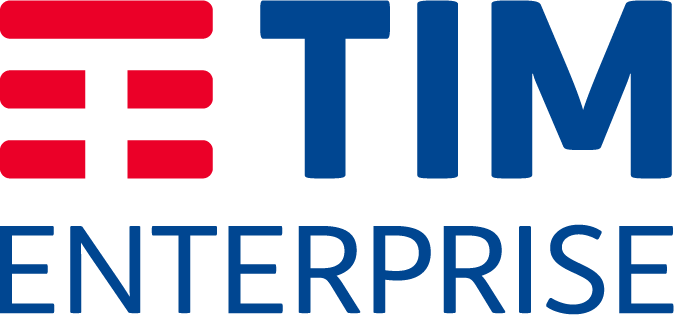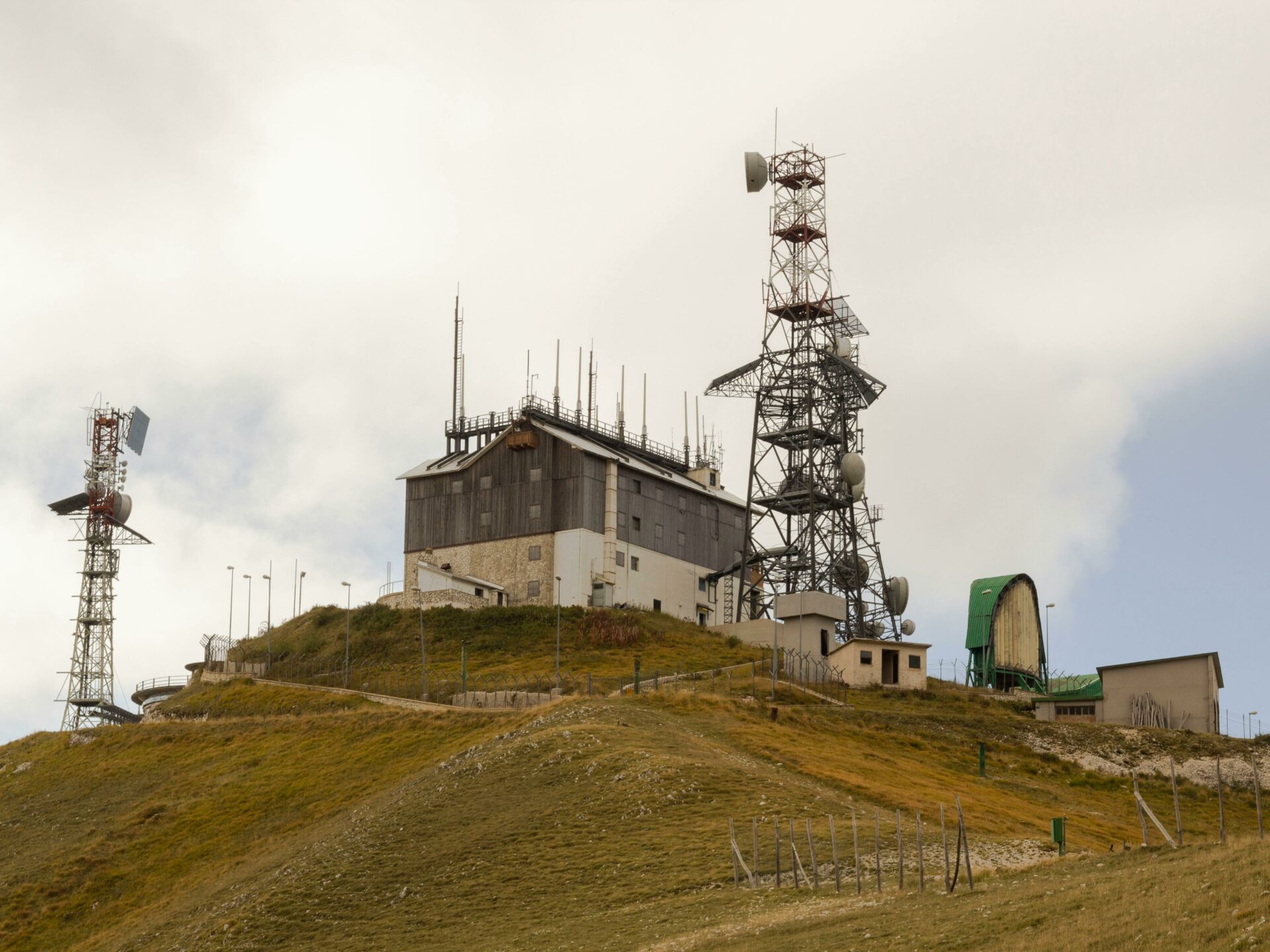The Carbon Challenge in Enterprise Mobility
Transport accounts for nearly a quarter of all CO2 emissions in the European Union, with road transport alone producing approximately 740 million tonnes of CO2 in 2021, according to data from the European Environment Agency and cited by NAVIT (2024). This includes rising emissions from business travel as global corporations expand their physical presence and service coverage across borders. Notably, the transport sector is the only major emissions contributor where greenhouse gases have increased over the past thirty years, rising by 33.5% between 1990 and 2020, despite improvements in vehicle efficiency and alternative fuels.
For multinational enterprises, the expansion of enterprise connectivity, global mobility, and seamless telecom partnerships is vital for operational excellence, but these priorities can also heighten environmental impact unless paired with decisive carbon-reduction strategies.
Mobile Tech as a Force for Decarbonization
While mobility may contribute to emissions, the very technology underpinning enterprise mobility is also a powerful lever for carbon reduction. Leading telecoms and ICT providers—including FreeMove Alliance partners such as Deutsche Telekom, Orange, TIM, Telia, and Swisscom—are actively shaping solutions that make business travel, communication, and operations more sustainable without compromising performance or network resilience.
- Advanced connectivity platforms reduce reliance on physical travel by enabling high-quality remote collaboration and virtual engagement, significantly cutting emissions associated with business trips.
- Mobile-enabled Mobility-as-a-Service (MaaS) apps consolidate public and shared transport options, empowering employees and customers to minimize single-occupancy vehicle use. For example, Enterprise Mobility’s ESG 2023 report highlights that programs like Commute with Enterprise took over 49,000 vehicles off UK roads and saved more than 405,000 metric tons of CO2 equivalent emissions in a single year.
- Dynamic roaming solutions and integrated mobile management optimize resource allocation and reduce the environmental impact of network-powered applications. By partnering with regional and global telecom alliances, enterprises can access more energy-efficient routing and infrastructure while maintaining seamless cross-border collaboration.
Best Practices: How Businesses Can Leverage Mobile Technologies for Sustainability
- Digitalize Internal and External Workflows: Modernize business processes by deploying e-signatures, cloud-based document management, and virtual meeting solutions. This reduces the need for physical documents and travel, lowering emissions tied to paper consumption and commuting.
- Implement Smart Mobility Solutions: Adopt enterprise-grade MaaS apps and connectivity platforms that link team members to a network of sustainable transport options—including e-scooters, shared car fleets, and public transit—coordinated through a unified interface. Encourage employees to choose low-carbon routes and modes by incentivizing greener mobility choices.
- Measure, Monitor, and Offset Emissions: Harness advanced network analytics and mobile IoT tools to quantify mobility-related emissions in real time. Engage in credible carbon offset programs, such as those offered by Terrapass (partnered with Enterprise Mobility and global telecoms) to fund verifiable decarbonization projects: methane capture, regenerative agriculture, and large-scale reforestation. For context, the AgreenaCarbon project alone has removed over 1 million tonnes of carbon annually from European soils since its inception.
Leading Examples from European Telecom Ecosystem
Across Europe, FreeMove Alliance partners are pioneering sustainability initiatives that demonstrate how enterprise mobility and climate leadership can be synergistic:
- Deutsche Telekom and Orange have invested in renewable-powered networks and launched enterprise mobility services that prioritize green supply chains and device lifecycle management.
- BT’s sustainability program emphasizes the use of AI-enabled network optimization, driving a double-digit percentage reduction in operational emissions from networking and managed mobility services since 2022.
- Telia, Swisscom, and TIM support international enterprises with customized IoT mobility solutions that aggregate and analyze fleet and business travel emissions, helping decision-makers make data-driven choices to further reduce CO2 output.
Telecom Partnerships: Enabling Pan-European Green Mobility
Telecom alliances like FreeMove play a transformative role by uniting top providers across the continent. Together, they deliver global mobility and resilient enterprise connectivity backed by standardized approaches to energy efficiency, green network infrastructure, and carbon offset integration—allowing multinational businesses to pursue sustainable growth without trade-offs in performance or compliance.
Actionable Insights for Enterprise Decision-Makers
- Embed Sustainability in Mobility Strategy: Align your corporate mobility policies with the latest EU Green Deal requirements, integrating decarbonization targets into every RFP and supplier agreement.
- Demand and Evaluate Carbon Transparency: Require your telecom and ICT partners to disclose their Scope 1, 2, and 3 emissions data—leveraging platforms like ENGIE Impact for operational benchmarking and progress tracking.
- Foster Cross-Border Collaboration: Engage with peers, vendors, and expert groups within industry alliances to share best practices, co-invest in green research and pilot projects, and amplify the collective impact of your sustainability efforts.
Strategic Reflection: The Path Forward for Enterprise Leaders
The race to net zero is redefining the criteria for network resilience, enterprise mobility, and global competitiveness. For CIOs, CTOs, and telecom procurement leaders, sustainable business success will increasingly depend on their ability to balance connectivity needs with climate responsibilities. By adopting cutting-edge mobile tech, partnering with like-minded suppliers, and participating actively in telco alliances such as the FreeMove Alliance, enterprises can accelerate their journey toward operational excellence—and a smaller carbon footprint. Now is the moment to lead by example and collaborate for a greener, more connected Europe.






